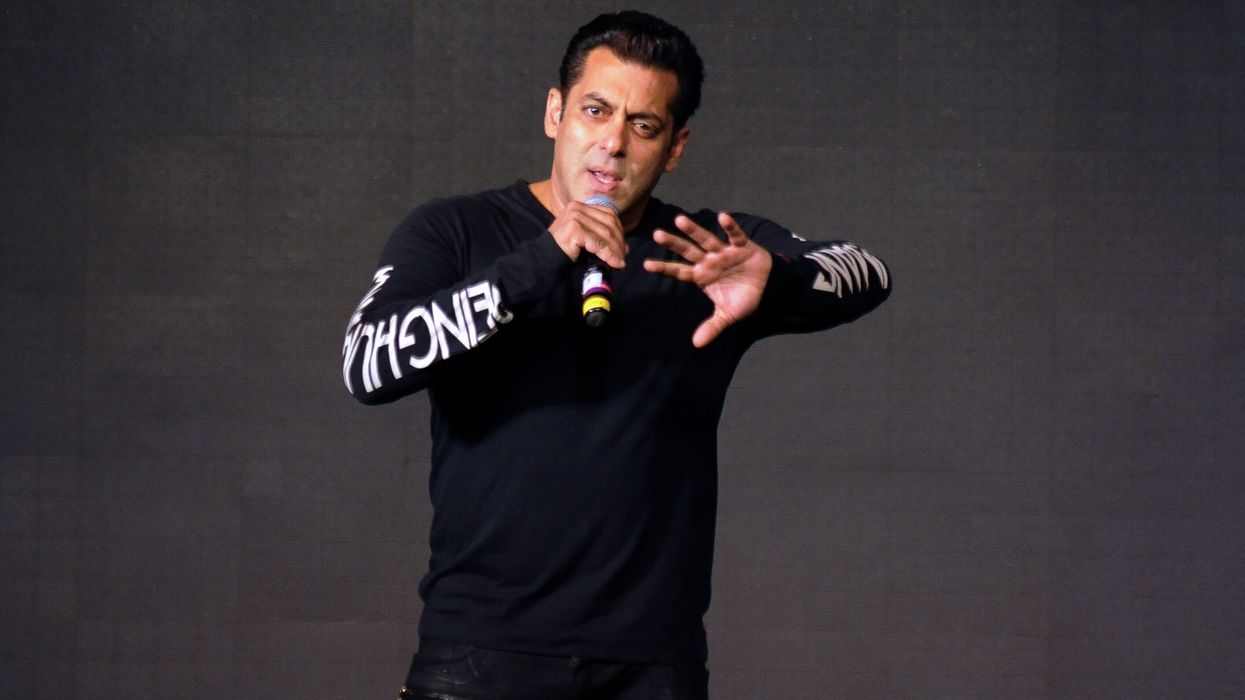At the press conference for the 68th Filmfare Awards, Bollywood superstar Salman Khan was asked about competition from a younger generation of actors. Calling all of them talented, focused, and hardworking, Khan named himself, Shah Rukh Khan, Akshay Kumar, Ajay Devgn and Aamir Khan as actors who still deliver more successful films at the box office than their young counterparts.
He said five of them will give the younger lot a run for their money. “We will make them run for their money. We are not retiring anytime soon. Our films also work and so we hike our fees. Seeing that, they also increase their fee even when their films are not working,” he said.
Addressing the conversations around ‘Hindi films are not working,’ Khan said, “Today filmmakers have a different understanding of India. They feel it’s from Andheri to Colaba. The filmmakers that I have met and interacted; they are too cool. They make that kind of content. However, Hindustan is way different. They start from the east of the railway stations.”
Salman Khan will be hosting the 68th Filmfare Awards. The award ceremony takes place on April 27.
Stay tuned to this space for more updates!




